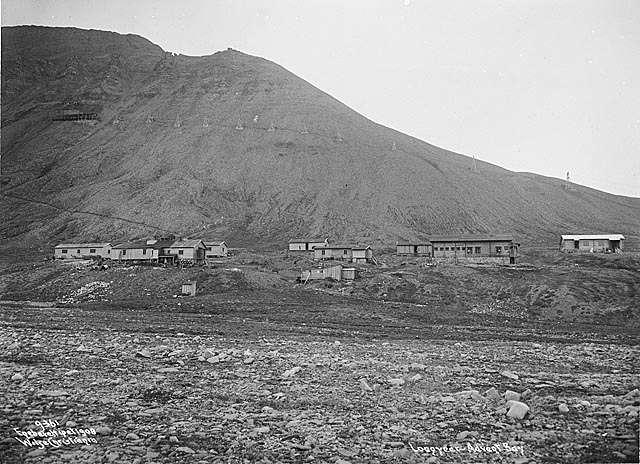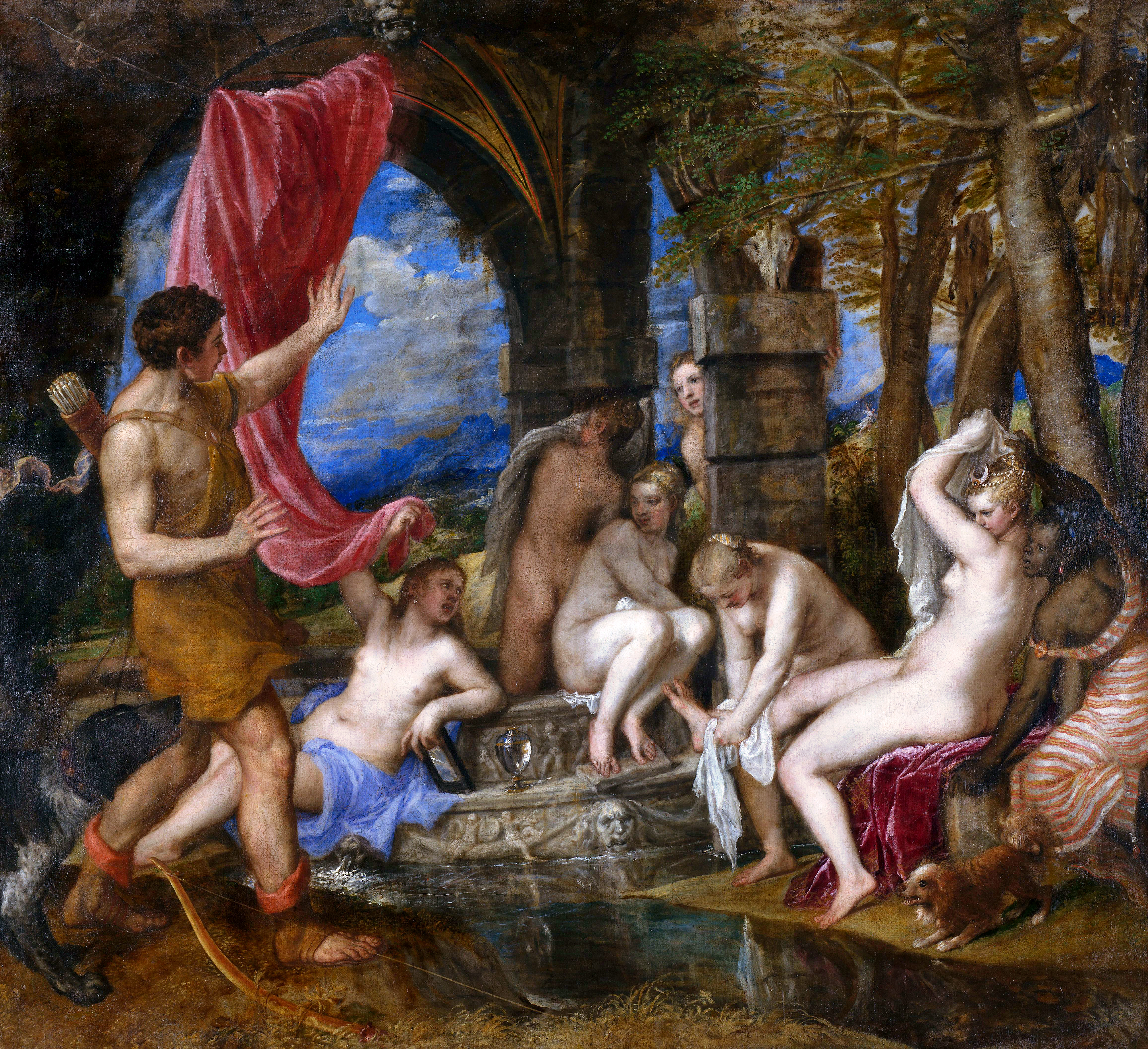|
Vinmonopolet
Vinmonopolet ( en, The Wine Monopoly), symbolized by Ⓥ and Colloquialism, colloquially shortened to Polet, is a government-owned alcoholic beverage retailer and the Alcohol monopoly, only company allowed to sell beverages containing an Alcohol by volume, alcohol content higher than 4.75% in Norway. As the arm of the Norwegian government policy to limit the citizens' consumption of alcohol, primarily by means of Excise, high cost and limited access, the primary goal of Vinmonopolet is to responsibly perform the distribution of alcoholic goods while limiting the motive of private economic profit from the alcohol industry. Equally significant is the social responsibility of Vinmonopolet, to prevent the sale of alcohol to minor (law), minors and Alcohol intoxication, visibly inebriated customers. Outlets, located across the country from cities to smaller communities, typically close business earlier than other shops, typically weekdays at 6 pm and Saturdays at 4 pm. In 2020 Vinmonop ... [...More Info...] [...Related Items...] OR: [Wikipedia] [Google] [Baidu] |
Alcohol Monopoly
An alcohol monopoly is a government monopoly on manufacturing and/or retailing of some or all alcoholic beverages, such as beer, wine and spirits. It can be used as an alternative for total prohibition of alcohol. They exist in all Nordic countries except Denmark proper (only on the Faroe Islands), and in all provinces and territories in Canada except Alberta (which privatised its monopoly in 1993). In the United States, there are some alcoholic beverage control states, where alcohol wholesale is controlled by a state government operation and retail sales are offered by either state or private retailers. An alcohol monopoly also existed in Taiwan between 1947 and 2002, which uniquely, did not actually serve as a form of reducing alcohol use, as was the case in the Nordic countries, Canada and the U.S., but was simply a continuation of the system established during Japanese rule of Taiwan. The Taiwanese market was gradually opened to overseas brands starting from 1987, with full ... [...More Info...] [...Related Items...] OR: [Wikipedia] [Google] [Baidu] |
Hilde Britt Mellbye
Hilde Britt Skarbøvik Mellbye (born April 14, 1961) is a Norwegian businessperson. Having acted as CEO of Norlandia Care since February 2010, Mellbye was appointed as CEO of the Norwegian government-owned wine Wine is an alcoholic drink typically made from fermented grapes. Yeast consumes the sugar in the grapes and converts it to ethanol and carbon dioxide, releasing heat in the process. Different varieties of grapes and strains of yeasts are m ... and spirits retail monopoly company, AS Vinmonopolet after the death of Kai G. Henriksen, to assume the position on January 1, 2017.''Bloomberg.com'Company Overview of Norlandia Care Group AS/ref> References 1961 births Living people Norwegian women business executives 21st-century Norwegian businesswomen {{Norway-business-bio-stub ... [...More Info...] [...Related Items...] OR: [Wikipedia] [Google] [Baidu] |
Arcus (company)
Arcus AS is Norway's largest wholesaler of wine and liquor. It was created when it was demerged from the state-owned wine and liquor retailer Vinmonopolet on January 1, 1996. The retailing operations were kept in Vinmonopolet; import, export, production, and storage were transferred to Arcus. In July 2001 the Norwegian Ministry of Trade and Industry sold 66% of the company to Sucra. Sucra were also in 2001 granted an option to purchase the rest of the company, which they did in 2003. In 2005 Sucra sold Arcus to the Swedish investment company Ratos, including the partial ownership of Braastad. In 2012 Danish Distillers (Aalborg Taffel, etc., Gammel Dansk) was bought from Pernod Ricard. But the akvavit brand Brøndums snaps, which was a brand of Danish Distillers since a merger in 1893, had to be divested because of the dominant position of Danish Distillers in the Danish market. This akvavit brand was sold to Finnish distillers Altia. The factory in Aalborg closed April 2015 ... [...More Info...] [...Related Items...] OR: [Wikipedia] [Google] [Baidu] |
State-owned Enterprise
A state-owned enterprise (SOE) is a Government, government entity which is established or nationalised by the ''national government'' or ''provincial government'' by an executive order or an act of legislation in order to earn Profit (economics), profit for the Government, government, control monopoly of the Private sector, private sector entities, provide products and services to citizens at a lower price and for the achievement of overall financial goals & developmental objectives in a particular country. The national government or provincial government has majority ownership over these ''state owned enterprises''. These ''state owned enterprises'' are also known as public sector undertakings in some countries. Defining characteristics of SOEs are their distinct legal form and possession of Profit (economics), financial goals & developmental objectives (e.g., a state railway company may aim to make transportation more accessible and earn profit for the government), SOEs ar ... [...More Info...] [...Related Items...] OR: [Wikipedia] [Google] [Baidu] |
Wine
Wine is an alcoholic drink typically made from fermented grapes. Yeast consumes the sugar in the grapes and converts it to ethanol and carbon dioxide, releasing heat in the process. Different varieties of grapes and strains of yeasts are major factors in different styles of wine. These differences result from the complex interactions between the biochemical development of the grape, the reactions involved in fermentation, the grape's growing environment (terroir), and the wine production process. Many countries enact legal appellations intended to define styles and qualities of wine. These typically restrict the geographical origin and permitted varieties of grapes, as well as other aspects of wine production. Wines not made from grapes involve fermentation of other crops including rice wine and other fruit wines such as plum, cherry, pomegranate, currant and elderberry. Wine has been produced for thousands of years. The earliest evidence of wine is from the Caucasus ... [...More Info...] [...Related Items...] OR: [Wikipedia] [Google] [Baidu] |
Longyearbyen
Longyearbyen (, locally �lɔ̀ŋjɑrˌbyːən "The Longyear Town") is the world's northernmost settlement with a population greater than 1,000 and the largest inhabited area of Svalbard, Norway. It stretches along the foot of the left bank of the Longyear Valley and on the shore of Adventfjorden, the short estuary leading into Isfjorden on the west coast of Spitsbergen, the island's broadest inlet. As of 2002 Longyearbyen Community Council became an official Norwegian municipality. It is the seat of the Governor of Svalbard. The town's mayor is Arild Olsen. Known as Longyear City until 1926, the town was established by and named after American John Munro Longyear, whose Arctic Coal Company started coal-mining there in 1906. Store Norske Spitsbergen Kulkompani (SNSK) took over the mining operations in 1916, and still conducts mining. The German ''Kriegsmarine'' almost completely destroyed the town on 8 September 1943, but rebuilding took place after the Second World Wa ... [...More Info...] [...Related Items...] OR: [Wikipedia] [Google] [Baidu] |
Svalbard
Svalbard ( , ), also known as Spitsbergen, or Spitzbergen, is a Norwegian archipelago in the Arctic Ocean. North of mainland Europe, it is about midway between the northern coast of Norway and the North Pole. The islands of the group range from 74° to 81° north latitude, and from 10° to 35° east longitude. The largest island is Spitsbergen, followed by Nordaustlandet and . The largest settlement is Longyearbyen. The islands were first used as a base by the whalers who sailed far north in the 17th and 18th centuries, after which they were abandoned. Coal mining started at the beginning of the 20th century, and several permanent communities were established. The Svalbard Treaty of 1920 recognizes Norwegian sovereignty, and the 1925 Svalbard Act made Svalbard a full part of the Kingdom of Norway. They also established Svalbard as a free economic zone and a demilitarized zone. The Norwegian Store Norske and the Russian remain the only mining companies in place. Res ... [...More Info...] [...Related Items...] OR: [Wikipedia] [Google] [Baidu] |
Provenance
Provenance (from the French ''provenir'', 'to come from/forth') is the chronology of the ownership, custody or location of a historical object. The term was originally mostly used in relation to works of art but is now used in similar senses in a wide range of fields, including archaeology, paleontology, archives, manuscripts, printed books, the circular economy, and science and computing. The primary purpose of tracing the provenance of an object or entity is normally to provide contextual and circumstantial evidence for its original production or discovery, by establishing, as far as practicable, its later history, especially the sequences of its formal ownership, custody and places of storage. The practice has a particular value in helping Authentication, authenticate objects. Comparative techniques, expert opinions and the results of scientific tests may also be used to these ends, but establishing provenance is essentially a matter of documentation. The term dates to the 1 ... [...More Info...] [...Related Items...] OR: [Wikipedia] [Google] [Baidu] |
Aker Brygge
Aker Brygge is a neighbourhood in central Oslo, Norway. Since the 1980s and 1990s it has been a popular area for shopping, dining, and entertainment, as well as a high-end residential area. It was previously an industrial area. Location Aker Brygge is located just west of downtown on the westside of Pipervika, an arm of the Oslo Fjord, on the former ship yard of Akers Mekaniske Verksted, which ceased operations in 1982. Prior to the establishment of the shipyard in 1854, the area was known as Holmen. It was then an old yard where some minor industrial activity, and a suburban establishment grew in the early 19th century. Aker Brygge is served by the Aker Brygge tram station. History The area contained shipyards and engineering industry - Aker Mekaniske Verksted AS - until 1982. The construction of Aker Brygge was carried out in four steps by the realtors Aker Eiendom AS. A few old industrial buildings were demolished, while several of the major workshop halls were rebuilt as ... [...More Info...] [...Related Items...] OR: [Wikipedia] [Google] [Baidu] |
Self Service
Self-service is the practice of serving oneself, usually when making purchases. Aside from Automated Teller Machines, which are not limited to banks, and customer-operated supermarket check-out, labor-saving of which has been described as self-sourcing, there is the latter's subset, selfsourcing and a related pair: End-user development and End-user computing. Note has been made how paid labor has been replaced with unpaid labor, and how reduced professionalism and distractions from primary duties has reduced value obtained from employees' time. Over a period of decades, laws have been passed both facilitating and preventing self-pumping of gas and other self-service. Overview Self-service is the practice of serving oneself, usually when purchasing items. Common examples include many filling station, gas stations, where the customer pumps their own gasoline, gas rather than have an attendant do it (full service is required by law in New Jersey, urban parts of Oregon, most of M ... [...More Info...] [...Related Items...] OR: [Wikipedia] [Google] [Baidu] |
European Economic Area
The European Economic Area (EEA) was established via the ''Agreement on the European Economic Area'', an international agreement which enables the extension of the European Union's single market to member states of the European Free Trade Association. The EEA links the EU member states and three EFTA states (Iceland, Liechtenstein, and Norway) into an internal market governed by the same basic rules. These rules aim to enable free movement of persons, goods, services, and capital within the European single market, including the freedom to choose residence in any country within this area. The EEA was established on 1 January 1994 upon entry into force of the EEA Agreement. The contracting parties are the EU, its member states, and Iceland, Liechtenstein, and Norway. The EEA Treaty is a commercial treaty and differs from the EU Treaties in certain key respects. According to Article 1 its purpose is to "promote a continuous and balanced strengthening of trade and economic relati ... [...More Info...] [...Related Items...] OR: [Wikipedia] [Google] [Baidu] |





